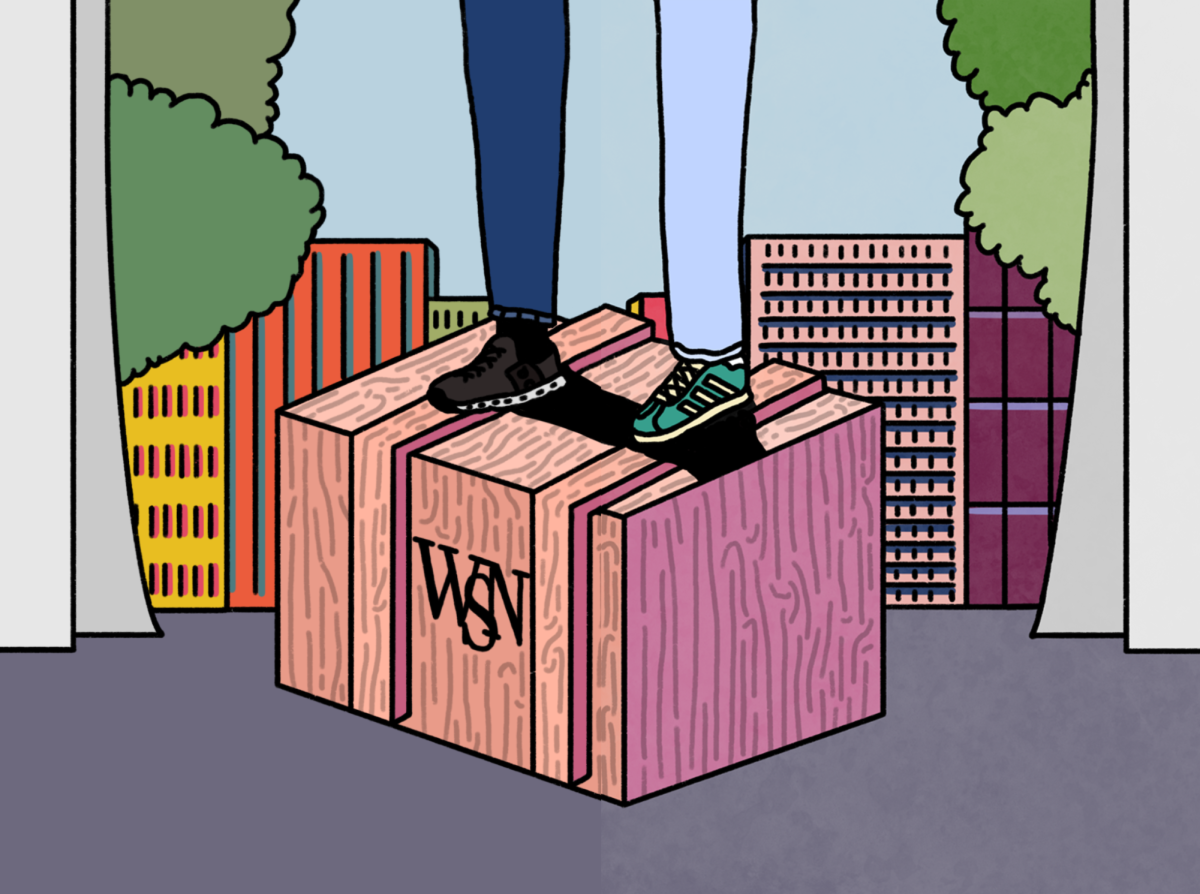In France, farmers protest potential foreign competition
Farmers took to the streets of France earlier this week to protest a trade agreement that would intensify competition with South American agricultural imports.
In Beauvais, a town in northern France, dozens of farmers disrupted traffic with around 50 tractors, which they then used to surround a government office in charge of environmental policies in the country. Demonstrators set up camp outside the office, where some set off firecrackers while others dumped manure and tires in front of the building.
Arnaud Rousseau, the president of the French farmers union FNSEA, said in an interview with the local press that the European Union-Mercosur agreement would put tens of thousands of farms in France in financial trouble. Farmers fear the deal, which dates back to 2019, would bring in more beef, chicken, sugar and maize from Brazil and Argentina — countries which allegedly use pesticides on crops and growth antibiotics that are outlawed in Europe.
“My partner and I want to do this for the rest of our lives, but we don’t earn much from our farm right now,” said Armelle Fraiture, a 25-year-old farmer in Beauvais. “I feel that the horizon is bleak and that our work is disrespected.”
The actions were the largest in the country since farmers protested low incomes with weekslong demonstrations blocking borders and roads last winter. French farmers have also faced adverse weather, livestock disease outbreaks and a parliamentary election that stalled measures to lower farmers’ inheritance taxes.
In the United Kingdom, Women’s Equality Party dissolves
Members of the Women’s Equality Party voted to shut down the organization due to financial constraints and increasing political polarization. The group hopes to refocus their energy from nominating candidates in elections to activism.
The WE was created in 2015 in response to the rise of the populist right. Its candidates campaigned on women’s issues including reproductive freedoms, equal pay and ending domestic violence. In 2016, WE candidate Sophie Walker came sixth in the London mayoral elections, but the party has failed to build its coalition further.
Founders Catherine Mayer and Sandi Toksvig cited financial constraints as a central problem for the party.
“Money has always been a problem, with most of the party’s income coming from members who were already cash-strapped before the one-two punch of the pandemic and cost of living crisis,” the two wrote in an article for the Guardian.
The party also faced internal criticism over its position on transgender rights. Mayer and Toksvig defended the right to self-identification — which allows a person to change their legal sex without medical diagnosis — despite 70% of its members disagreeing. The founders believe that increasing polarization has also made building a party on such issues difficult, and hope that focusing on activism will prove a more successful strategy.
“If the way that we get attention to the incredible issues — for example women’s health care, affordable childcare — if that’s through activism rather than through trying to stand candidates that we can’t really afford in elections, then this is going to be the way forward,” Toksvig told the BBC.
In Hong Kong, government arrests pro-democracy activists
A Hong Kong court sentenced 45 of 47 pro-democracy leaders for up to 10 years in prison for subversion on Tuesday — ending a yearslong national case against the activists.
The group of ex-lawmakers, known as the Hong Kong 47, was prosecuted for conspiring to commit subversion by organizing and participating in an unofficial primary election for the city legislature in 2020. The Chinese government arrested the activists in January 2021 under a national security law that restricts Hong Kong’s autonomy.
Benny Tai, one of the 45 convicted, received the longest sentence of 10 years. Some of the activists sought shorter sentences by expressing remorse and apologizing, according to the Associated Press.
This week’s sentencing has sparked criticism from foreign governments. Penny Wong, the foreign minister of Australia, said the government was “gravely concerned” by the sentences. Catherine West, the minister for the Indo-Pacific in Britain’s Foreign Office, criticized Hong Kong for using China’s security law to criminalize political dissent. The Chinese government defended its decision.
“Different people may have different judgments about whether the sentencing is appropriate,” Hong Kong Security Minister Chris Tang said. “But I think the important point is the rule of law.”
Contact Anna Baird-Hassell and Yezen Saadah at [email protected].


























































































































































